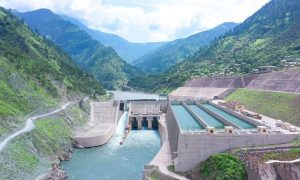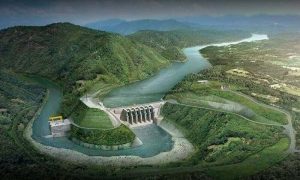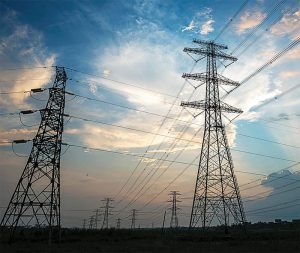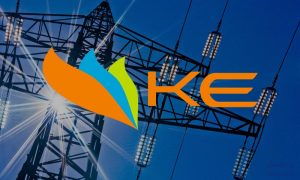The International Bank for Reconstruction and Development has decided to fund three major projects in Karachi worth $652 million to strengthen institutions, municipal services and infrastructure in Karachi.
The projects will focus on urban management, public transport, and safe water and sanitation to enhance Karachi’s liveability and competitiveness.
“We are committed to support the transformation of Karachi into a liveable and competitive mega city,” said Illango Patchamuthu, World Bank country director for Pakistan.
The competitive and liveable City of Karachi project ($230 million) will improve urban management, service delivery and the business environment. It will help improve performance and service delivery by local councils through performance-based grants for urban management and infrastructure. The project will modernise the urban property tax system, incentivize private sector participation in service delivery, enhance ease of doing business, and improve solid waste management.
The Karachi Mobility Project ($382 million) will improve access to jobs, mobility and safety through a bus rapid transit system along the 21-km Yellow Corridor. The corridor starts at Dawood Chowrangi in the east, runs through the Korangi Industrial Area, and ends in Numaish at the city centre. It is one of five priority lines in the city’s transport plan and will benefit commuters along Surjani Town and Korangi Industrial Area.
The Karachi Water and Sewerage Services Improvement Project ($40 million) is part of larger and longer-term $1.6 billion programme. This first phase will support an ambitious reform programme aiming to improve the Karachi Water and Sewerage Board’s efficiency and sustainability to provide clean drinking water and sanitation services to the citizens of Karachi. Two million people will benefit from better customer service, reduced water losses, and improvements in asset and revenue management. Water supply and sewage networks will also be rehabilitated through investments in at least three informal settlements (Katchi Abadis), pumping stations, and sewer maintenance trucks.
.








